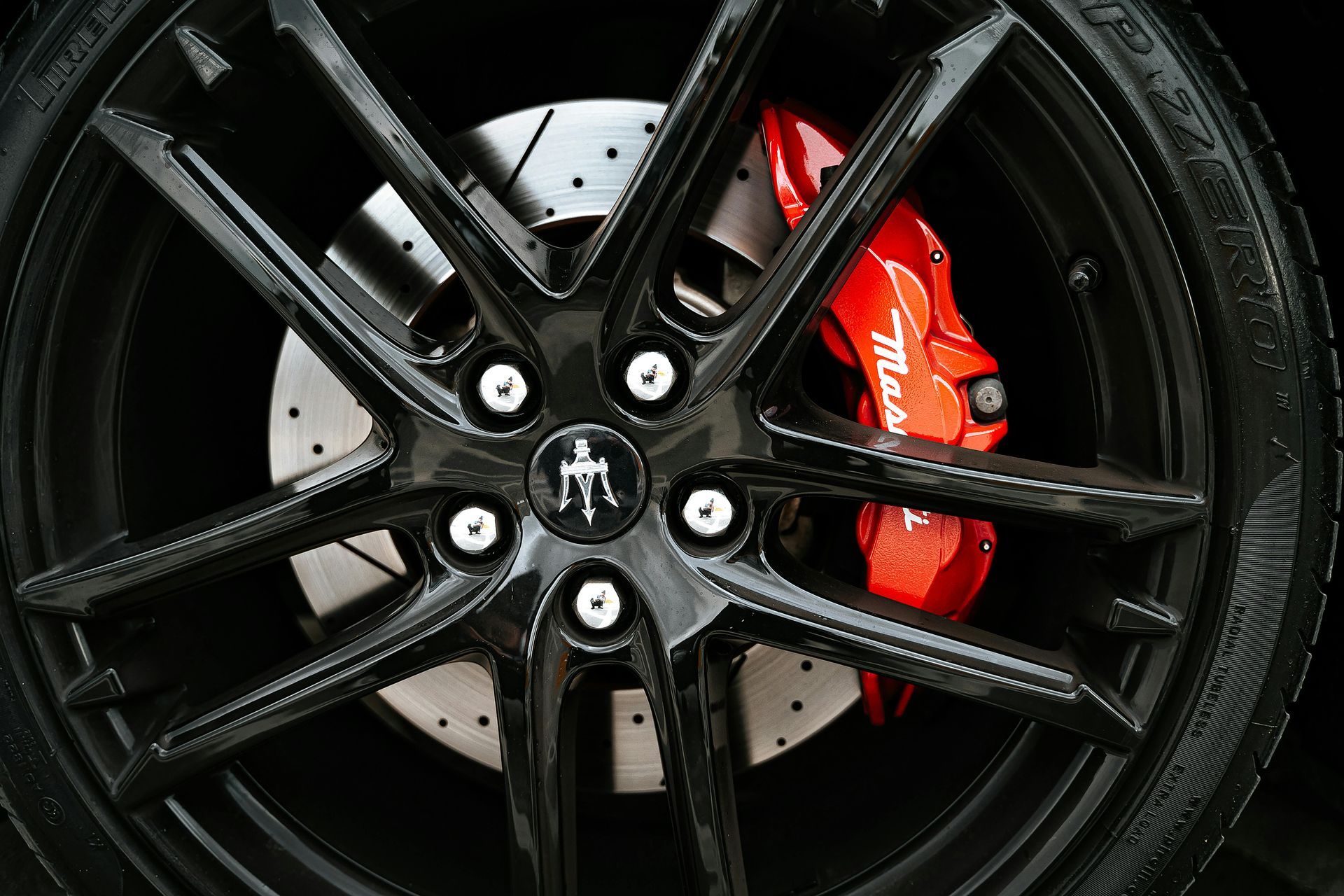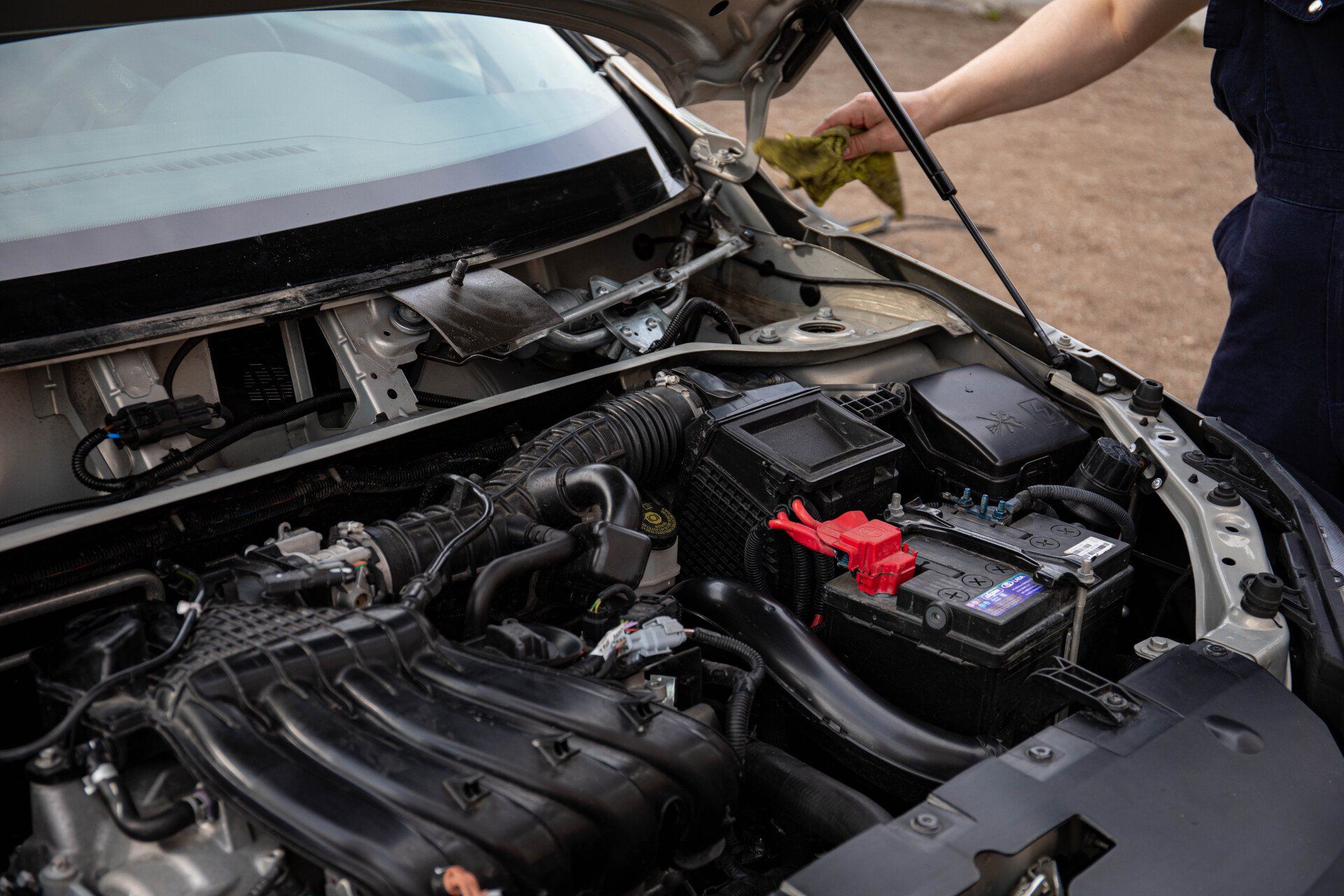At Buckley's Auto Care in Delaware, we understand the moment your check engine light flickers on can bring a mix of emotions ranging from mild annoyance to outright panic. But there's good news—our team is here to guide you through the nuances of check engine diagnostics, helping you turn an inconvenience into an opportunity to enhance your vehicle's performance.
The check engine light, also known as the malfunction indicator lamp, is designed to alert you to potential problems within your vehicle's engine that require attention. But what does it really mean when this little warning appears on your dashboard? Let's delve deeper into the intricacies of check engine diagnostics and how Buckley's Auto Care can assist you in navigating this complex system.
Understanding the Check Engine Light
First and foremost, it's important to differentiate between the flashing and steady check engine signals. A steady light might indicate a minor issue, such as a loose gas cap, while a flashing light usually signals a severe problem that needs immediate attention. Ignoring a flashing light can lead to significant engine damage, so don't hesitate to reach out to us at Buckley’s Auto Care if you notice it.
The Importance of Professional Diagnostics
Modern vehicles are equipped with sophisticated onboard diagnostics (OBD-II) systems. These systems continuously monitor engine performance, providing real-time data. When a fault is detected, it stores a diagnostic trouble code (DTC) which can be unfamiliar to the untrained eye. Our technicians in Delaware have the expertise to interpret these codes accurately, ensuring an efficient and precise diagnostic process.
Common Causes of a Check Engine Light
While many drivers immediately worry about costly repairs, not every check engine light points to severe issues. Here are some common causes:
- Loose Fuel Cap: This is one of the most frequent triggers and thankfully, one of the easiest to fix.
- Oxygen Sensor Failures: An essential component that assists in managing your car’s fuel consumption and emissions.
- Faulty Catalytic Converter: This can affect your car’s fuel economy and performance.
- Mass Airflow Sensor Issues: Critical for maintaining the correct mix of fuel and air in the engine.
- Ignition System Malfunctions: Often related to spark plug and wire problems.
Why Choose Buckley's Auto Care?
When it comes to check engine diagnostics, our Delaware-based team at Buckley's Auto Care is second to none. We’re equipped with the latest diagnostic tools that allow us to provide comprehensive insights and solutions. More than just fixing the immediate problem, we strive to understand the underlying issues to prevent future occurrences.
Steps to Take If Your Check Engine Light Comes On
Here’s a simple roadmap to follow:
- Ensure your gas cap is tightly secured.
- Observe if the light is flashing or steady.
- Check for other warning lights or unusual vehicle behavior.
- Schedule an appointment with us for a thorough diagnostic check.
Conclusion
Addressing check engine alerts promptly can preserve your peace of mind and vehicle integrity. At Buckley's Auto Care in Delaware, we are committed to delivering top-notch diagnostic services with transparency and accuracy. The next time your check engine light comes on, know that you have a trusted partner ready to assist at every step. Visit us and let’s keep your engine running smoothly together!
















